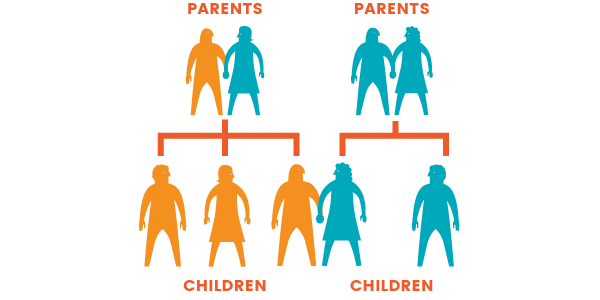RISK FACTORS
There are 2 types of Risk Factors which can affect your chances for getting cancer.
Non-Modifiable Risk Factors are inherent and CANNOT be changed to reduce your risk.
Modifiable Risk Factors CAN be changed by making changes to your lifestyle to reduce your risk.
MODIFIABLE RISK FACTORS.
You may be able to reduce your risk of getting cancer by making healthy changes to your lifestyle and habits.
Excessive Alcohol Consumption
Consumption of more than the recommended number of drinks per day, such as drinking more than 3 alcoholic beverages per day can increase the risk of colorectal cancer. Furthermore, alcohol consumption has been linked to the risk of developing large colorectal adenomas (benign tumors).
Cigarette Smoking
Smoking cigarettes greatly increases the risk of developing colorectal cancer and death from colorectal cancer. Cigarette smoking is also linked to the formation of colorectal adenomas and the risk that these tumors can come back.
Obesity
Being obese raises the risk of developing colorectal cancer, as well as dying from colorectal cancer.
NON-MODIFIABLE RISK FACTORS
These Risk Factors are inherent and CANNOT be changed to reduce your risk. However, increasing your awareness of these factors can help you by screening for early cancer detection.
Age
The risk of colorectal cancer increases after the age of 50. But, colorectal cancer can occur in persons younger than 50.
Race
Compared to other races, African Americans have a higher risk of developing colorectal cancer and dying from colorectal cancer.
Personal History of Colorectal Cancer
If you have been diagnosed with colorectal cancer, ovarian cancer, or inflammatory bowel disease (such as ulcerative colitis or Crohn’s disease), your risk of colorectal cancer increases.
Family History of Colorectal Cancer
The risk of developing colorectal cancer is much higher, in some cases the risk is double if you have a parent, brother, sister or child with colorectal cancer.
Hereditary Factors
Certain genetic factors such as familial adenomatous polyposis (FAP) or hereditary nonpolyposis colon cancer (HNPCC or Lynch Syndrome) can predispose those who inherit these factors for developing colon cancer.



















